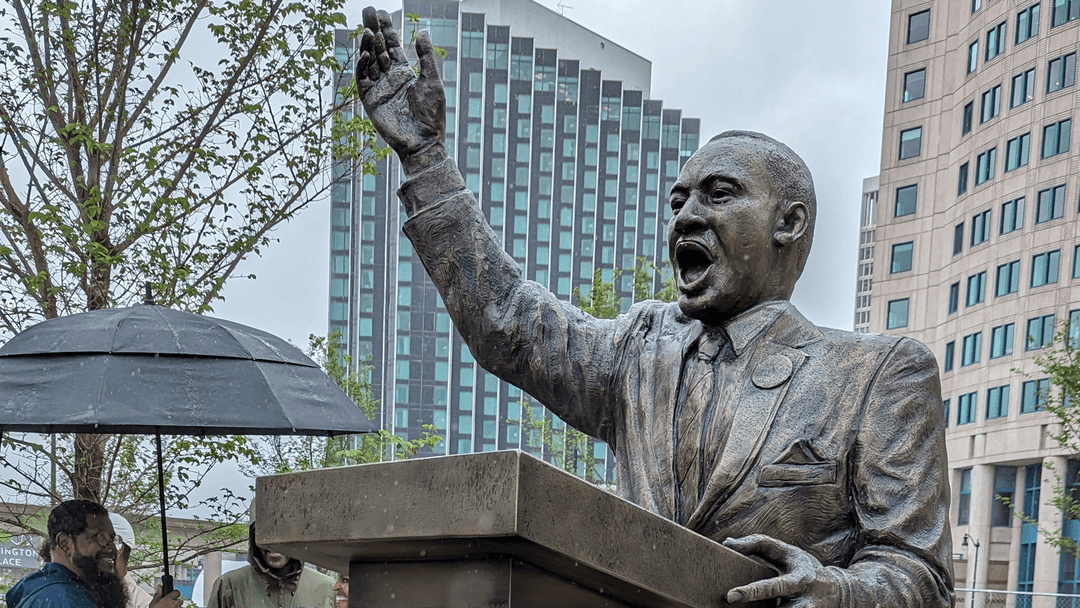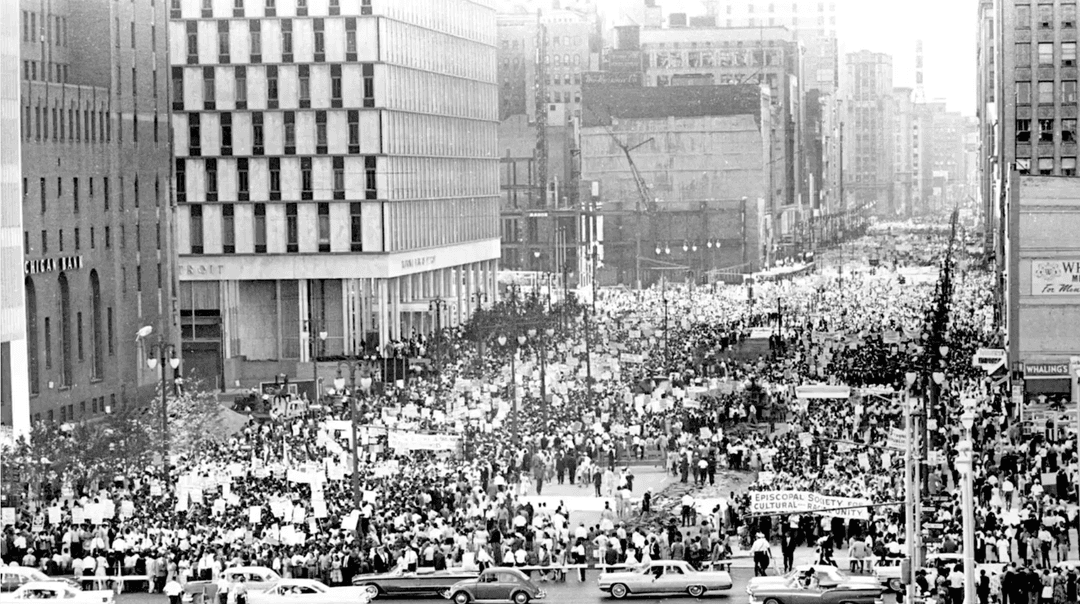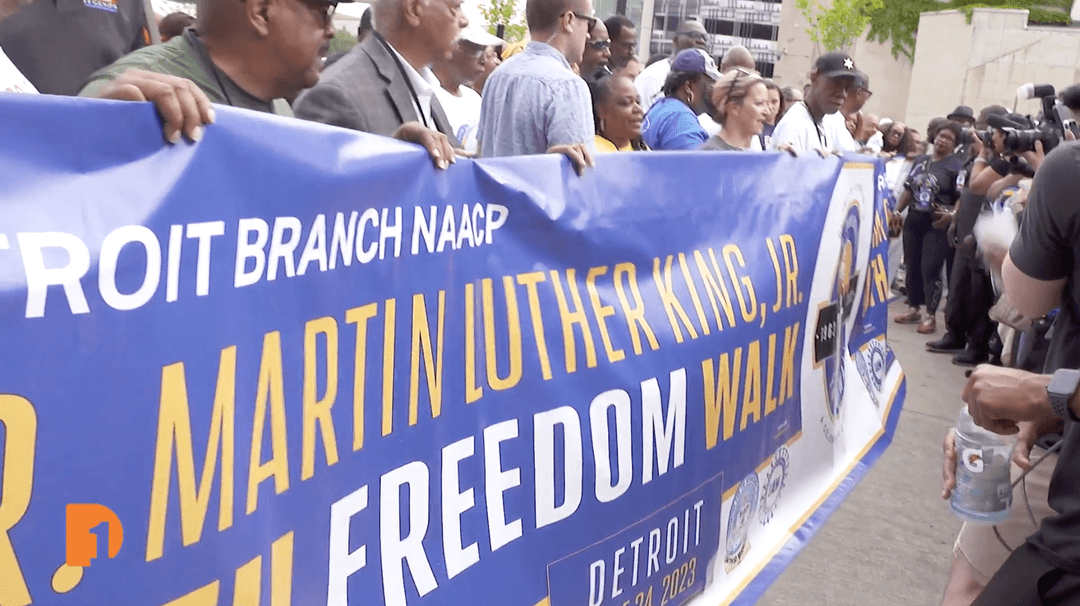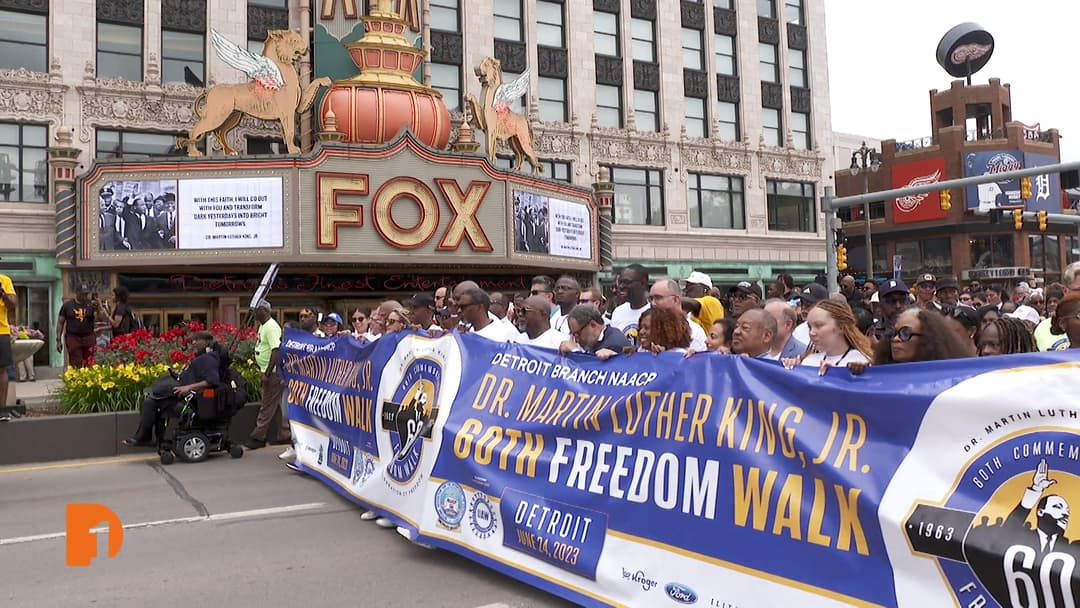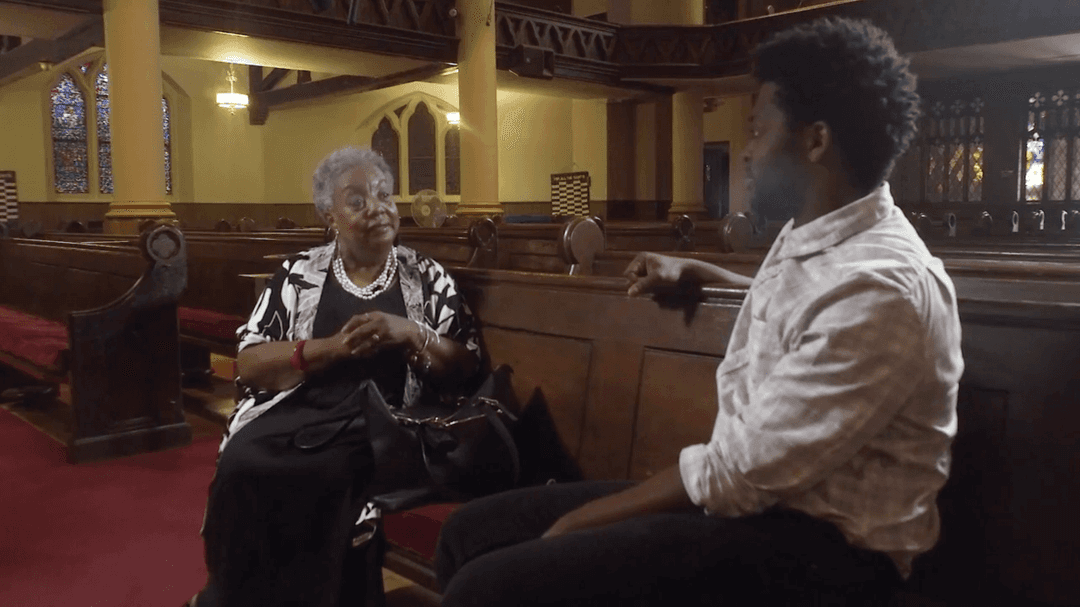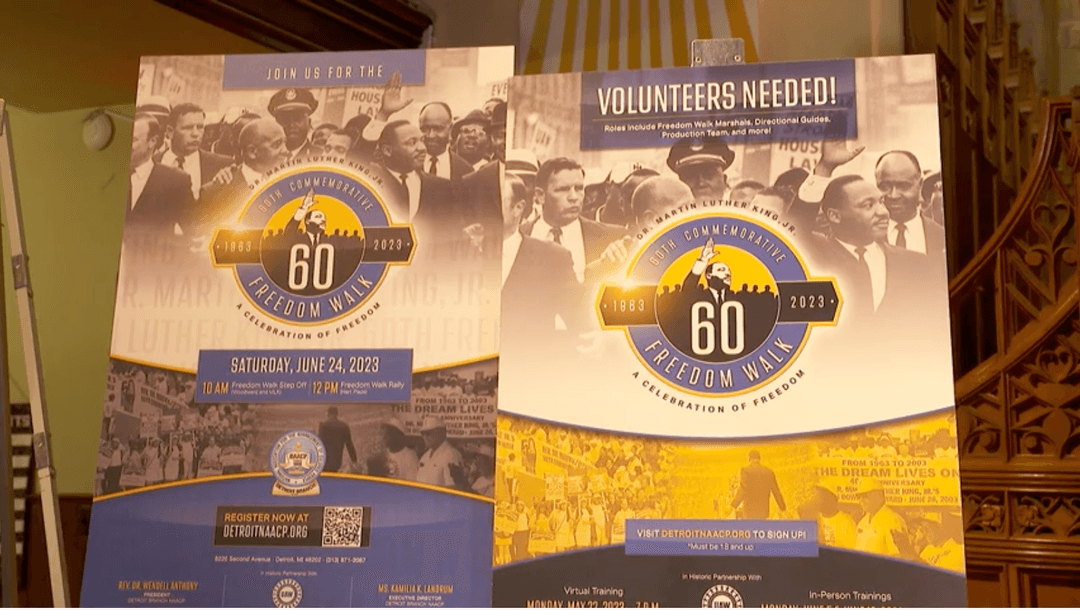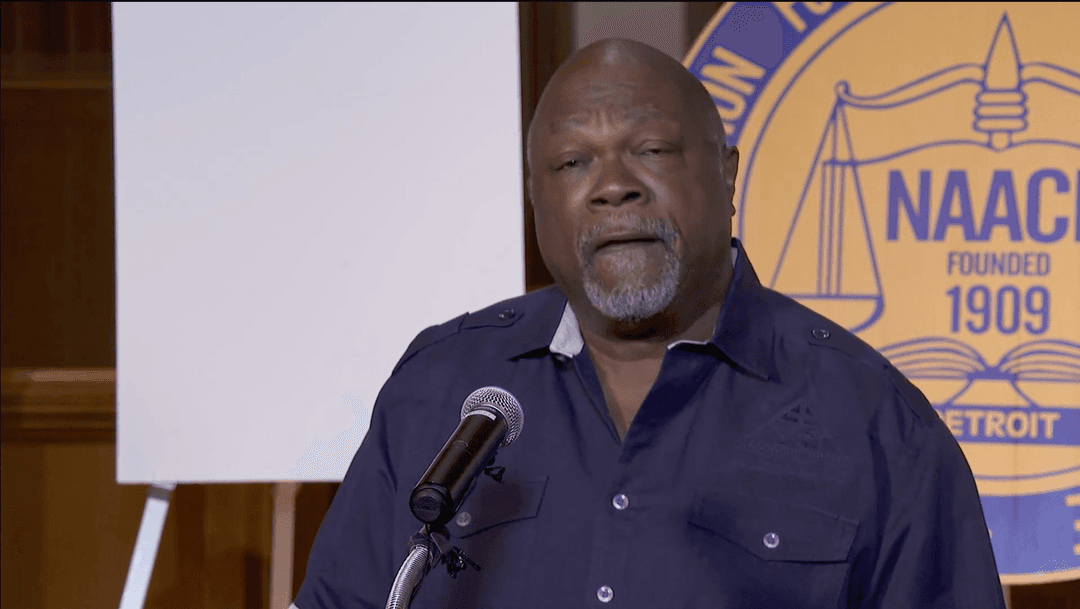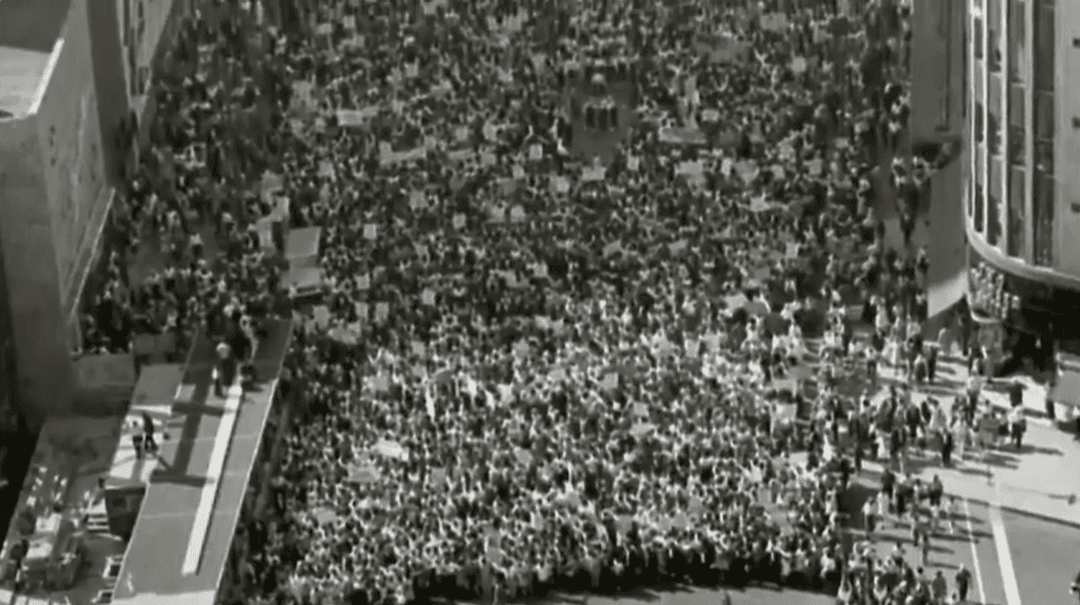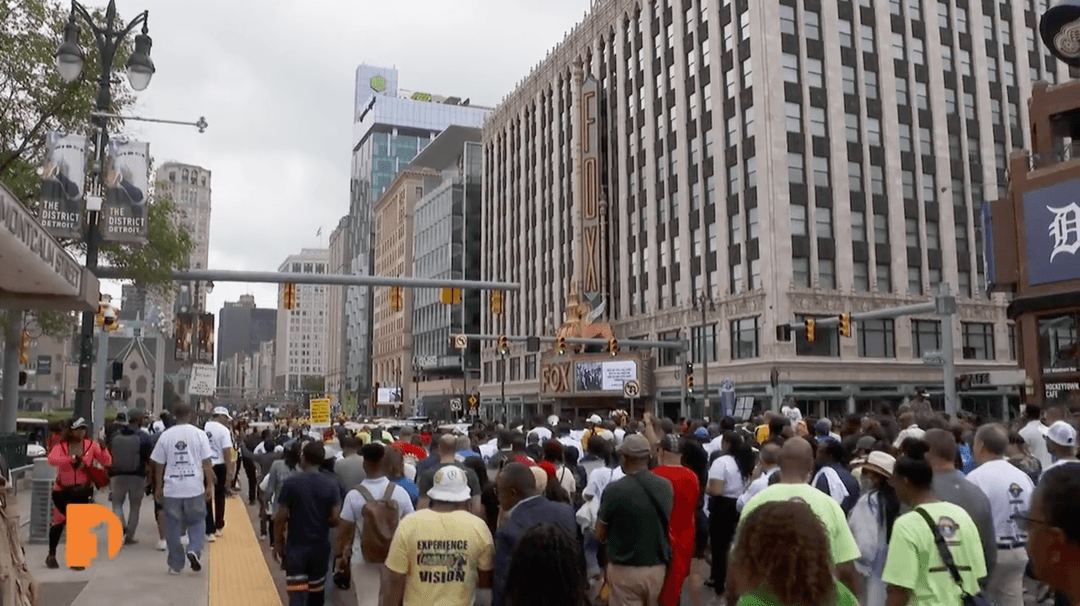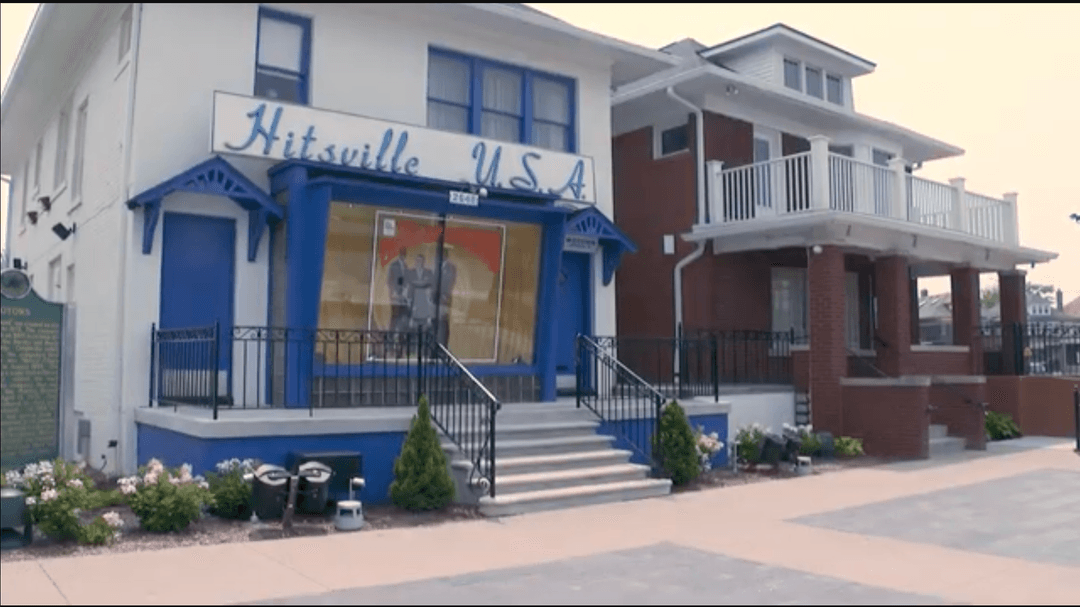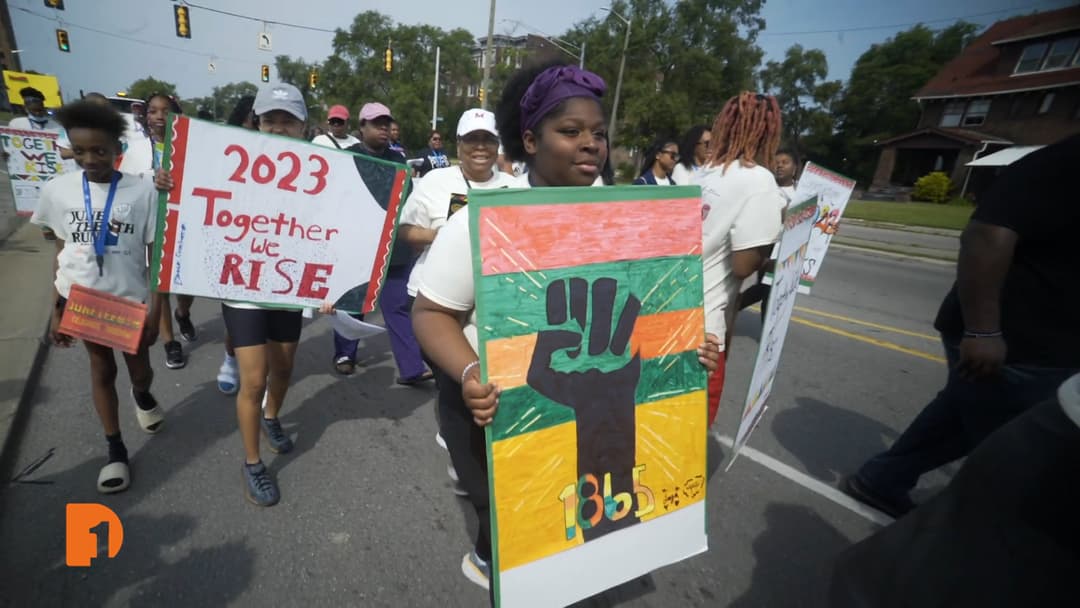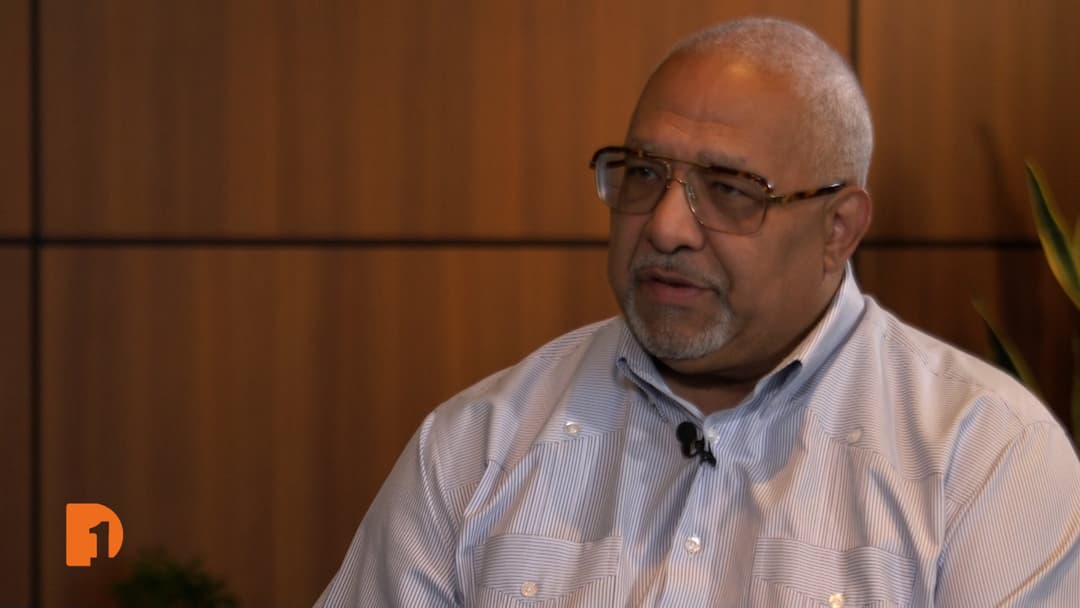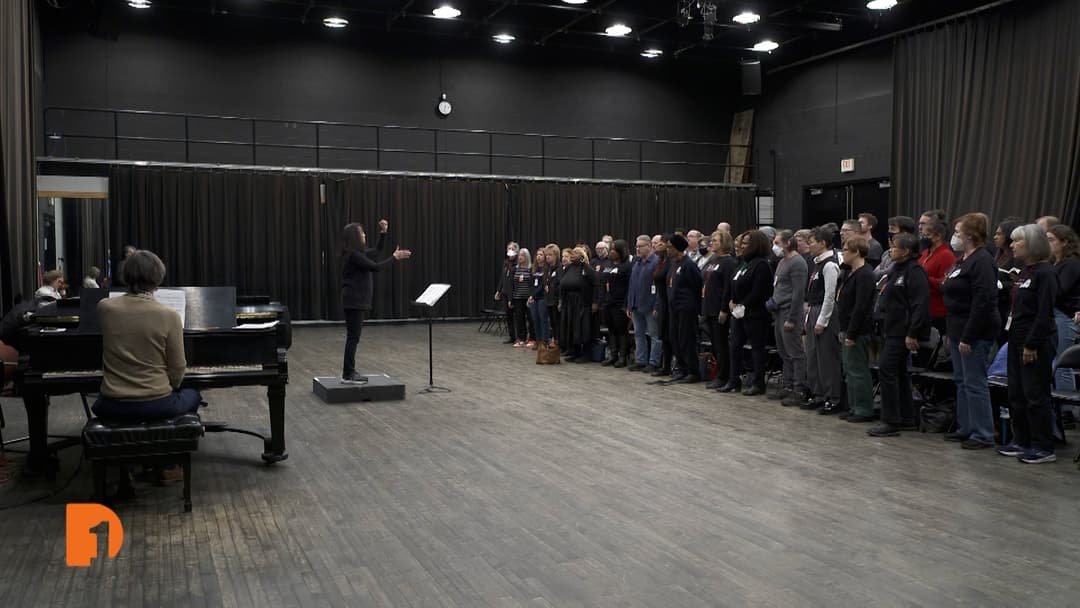From attendee to activist: Rev. Dr. JoAnn Watson’s life changed after the 1963 Detroit Walk to Freedom
Jun 15, 2023
Rev. Dr. JoAnn Watson, senior pastor of West Side Unity Church in Detroit, was 12 years old when her grandparents picked her up on a summer afternoon in June 1963. Little did she know that day she would find her passion for activism and purpose in life.
Her grandparents took her to the 1963 Detroit Walk to Freedom, the largest civil rights demonstration up to that point with 125,000 people attending, including Dr. Martin Luther King, Jr. Dr. King gave an early version of his “I Have a Dream” speech there before his famous national address two months later in Washington, D.C.
RELATED: The 60th anniversary of Detroit’s 1963 Walk to Freedom coming in summer 2023
RELATED: Detroit Branch NAACP commemorates 1963 Walk to Freedom with June Jubilee events
In commemoration of the 1963 Detroit Walk to Freedom, the Detroit Branch NAACP has organized a weekend-long slate of June Jubilee events June 22-25, including an unveiling of a Martin Luther King statue at Hart Plaza, the 60th-anniversary commemoration of the Freedom Walk, and the 68th annual Fight for Freedom Fund dinner at Huntington Place. The Freedom Fund dinner will feature keynote speaker U.S. Senator Raphael Warnock of Georgia.

Reflecting on her experiences at the 1963 march and her career in public service, Rev. Watson shares her memories from that historic day and its impact on her life trajectory with One Detroit contributor Cecelia Sharpe of 90.9 WRCJ. Plus, they talk about Rev. Watson’s influence on the Melody American Girl doll and how people can commemorate the 60th anniversary of the Detroit Walk to Freedom.
Full Transcript:
Cecelia Sharpe, Host, 90.9 WRCJ: I am here with Reverend Jo Ann Watson. And we are talking about the 60th anniversary of the Detroit Walk to Freedom that occurred in 1963. And you were there for that event. What was your experience on that day?
Rev. Jo Ann Watson, Senior Pastor, Westside Unity Church: It was a magnificent day. I was 12 years old, and my grandparents unexpectedly picked me up. I had no idea where I was headed. We were headed to Cobo to hear Reverend Dr. Martin Luther King Jr. and to see the largest crowd I had ever seen in my life. It was just truly a triumphant event because you felt lifted up by the crowd. You felt energized by the excitement. And my grandmother held my hand tightly as we searched through that huge crowd. And for some reason, I never felt tired. We were there a long time, but I felt lifted up.
Cecelia Sharpe: So the march or the Walk to Freedom was to generate awareness and raise funds for the Southern Christian Leadership Council.
Rev. Jo Ann Watson: Well, the signs all said “jobs, justice, peace,” which I later learned was the mantra for Dr. King’s events, but that march really changed my life. And it still touches me today to think about Dr. King’s voice, how it reverberated for those loudspeakers, how the crowd hung on every word. Nobody left without talking about Dr. King’s speech. It was mesmerizing.
Cecelia Sharpe: Now, this was the first time that he gave the “I Had a Dream” speech before Washington.
Rev. Jo Ann Watson: That’s true.
Cecelia Sharpe: Which people forget. What did the Walk to Freedom mean to the people in Detroit at that time?
Rev. Jo Ann Watson: It meant a lot because the injustice that was happening around the country was not just in the South. It also included the North. There were housing issues, employment issues. We had police brutality in Detroit, and it was unaddressed. And I remember walking to choir rehearsal as the eldest of ten. The girls never got stopped, but the boys in my family would get stopped frequently by police for nothing. Nothing. And so, we witnessed injustice and there was a need to have a march in Detroit. We felt that Detroit was part of the movement. So not only organized labor, but block clubs, community groups, youth groups. We felt a part of it. We felt a part of what was happening.
Cecelia Sharpe: You’ve had a career in public service serving for the Young Women’s Christian Association (YWCA) as the executive director for the Detroit branch, the assistant executive director for the National YWCA, served on City Council, the community liaison for Congressman John Conyers. At 12 years old, did you know this was going to be your path?
Rev. Jo Ann Watson: I had no idea. Didn’t know what I was going to be doing. I just knew that I was going to try to make a difference in my life. Reverend Dr. C.T. Vivian was a mentor of mine, and he was one that Dr. King called the greatest preacher who ever lived.
I was certainly mentored by Dr. Dorothy Irene Height, who I loved and respected. She was actually the highest-ranking black woman in the YWCA of the USA. But she saw all of us as her mentees. We were all her children. I was mentored by Mother Rosa Parks, who I loved and respected. She lived in Detroit more years than she lived in Montgomery, Alabama. And we both worked for Congressman John Conyers. She would go to reparations conferences with me. So I’m very blessed, very blessed. I didn’t ask for it. Could not have hoped for it, but it came into my life.
Cecelia Sharpe: But you continue to share that legacy and you continue to pass it on to the next generations and to the community and to impact change. Can you talk about some of the ways that you have made those changes and the people that you have helped to nurture and mentor and guide?
Rev. Jo Ann Watson: There’s a wonderful organization in Detroit called We the People of Detroit, and they have gone door to door making sure people have access to water in Detroit and Flint. They have been galvanizing and organizing around the country and, of course, in Detroit to make sure that people keep their water on; have access to water. So I’ve made water as a human right an important part of my legacy and made sure that there’s somebody following me who will carry that on in a generational way.
Cecelia Sharpe: Something people may not know about you, as you spoke of youth, is that you were on the board of American Girl. The doll company. And you had an impact on one of the dolls that was created, Melody. Tell us a little bit about Melody and the inspiration for Melody.
Rev. Jo Ann Watson: They were looking for someone who could help them understand what life was like for a girl in the sixties who was embracing the Motown music sound, which I did. The Mattel folks and the American Girl people, when they came to Detroit- and I drove them all around the city to show them all the things that made Detroit so unique and special and also to talk about how Detroit was proudly a part of that 63 March.
Cecelia Sharpe: What can people do today to celebrate the 60th anniversary of the Detroit Walk to Freedom?
Rev. Jo Ann Watson: I think they should identify acts that will help change. We’re not just here to take care of ourselves. What have you done to help somebody today? If I can help somebody along the way, then my living has not been in vain.
Stay Connected:
Subscribe to One Detroit’s YouTube Channel & Don’t miss One Detroit Mondays and Thursdays at 7:30 p.m. on Detroit PBS, WTVS-Channel 56.
Catch the daily conversations on our website, Facebook, Twitter @DPTVOneDetroit, and Instagram @One.Detroit
View Past Episodes >
Watch One Detroit every Monday and Thursday at 7:30 p.m. ET on Detroit Public TV on Detroit Public TV, WTVS-Channel 56.
Stay Connected
Subscribe to One Detroit’s YouTube Channel and don’t miss One Detroit on Thursdays at 7:30 p.m. and Sundays at 9 a.m. on Detroit PBS, WTVS-Channel 56.
Catch the daily conversations on our website, Facebook, Twitter @OneDetroit_PBS, and Instagram @One.Detroit
Related Posts
Leave a Reply
Your email address will not be published. Required fields are marked*


